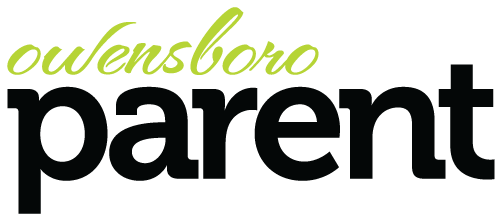By: Lora Wimsatt
The big yellow bus rumbles down the street, the school bell rings and the hallways fill with scattering, chattering students wearing shiny shoes, new backpacks bumping on their shoulders as they enter a school decorated with bright bulletin boards splashed with “Welcome Back!”
The first day of school! Whether it’s a preschooler taking those tentative first steps across that threshold or a high school senior swaggering into the classroom, they all feel that little tickle of nervous excitement as they anticipate the year ahead.
As parents and grandparents, or even as teachers, we all want school to be a positive experience for our precious little ones. But even if we feel a little shaky about “box method” multiplication, we can support EDUCATION by remembering that school is a place for ….
E: Enlightenment – We have seen the illustrations with a lightbulb going off and say that represents learning, but enlightenment embraces insight, reasoning and awareness as part of true learning.
D: Discovery – At its best, school is a place where children feel safe and supported in realizing it is all right to not know … and to feel the joy of exploring facts, theories and ideas as they learn.
U: Understanding – Anyone can memorize facts long enough to write them down on a test, but the light of learning that glows for a lifetime is ignited when a child truly begins to comprehend a truth.
C: Curiosity – Children are naturally curious! They always want to know why and how and when and why and where and who and why and what … and why? That sometimes there are no answers does not lessen the value of the question.
A: Acceptance – It’s probably not on anyone’s lesson plan or mentioned in Core Content or state standards or any of those things … but school is a place that brings together children from all backgrounds and beliefs, giving each one of them an opportunity to learn from the others, with respect for all.
T: Truth – The question has echoed down across the centuries: “What is truth?” Parents and teachers alike should celebrate and encourage the child with enough confidence to challenge the things that have been given to him as truth. Once this child finds his own answers, the truth really will set him free.
I: Imagination – “To know is nothing at all; to imagine is everything.” So said Anatole France, and he was right. Albert Einstein agreed that knowledge is limited without imagination, and he was a guy whom we can imagine would know that.
O: Observation – Not as obvious as it sounds. To look, to really look; to explore and challenge and question and test and see for ourselves, rather than to just accept at face value … To see with the eyes of tomorrow and not yesterday.
N: Nurturing – Oh, that education would always lovingly and tenderly care for the spirits and dreams and hopes and possibilities that lie within each child! May we nurture and care for one another. May we learn to nurture and love ourselves.

